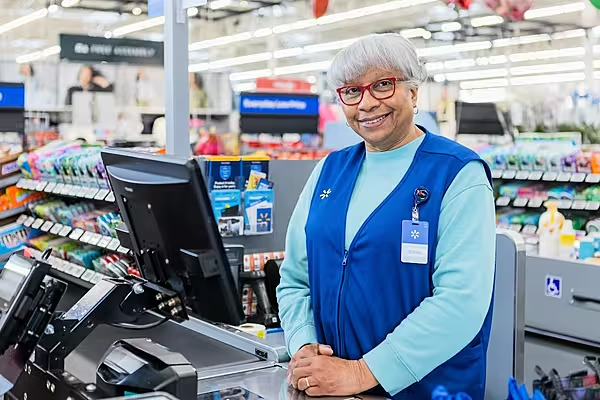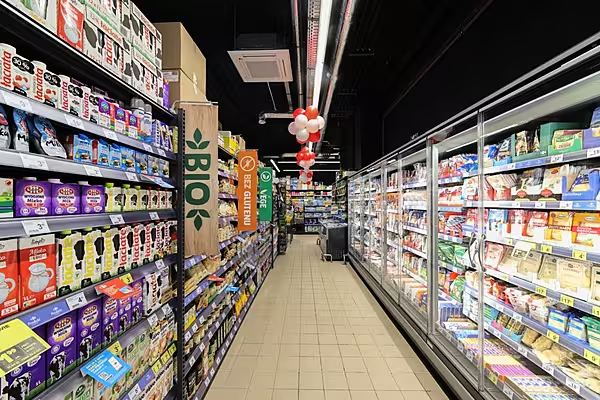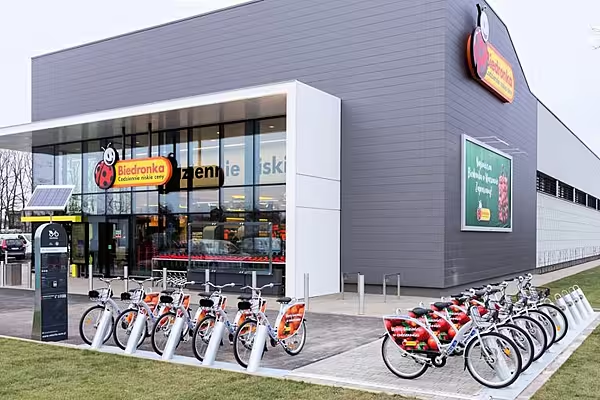The percentage of Portuguese consumers who shop online has dropped back to 2019 levels as a result of the return to physical stores, a new study has found.
The findings were revealed in a study conducted by Kantar for Centromarca, the Portuguese association for branded products.
In the period between January and September 2022, the percentage of Portuguese consumers who shopped online stood at 29.6%, an increase of 0.6% compared to 2019.
By comparison, in the same period of 2020, the percentage of respondents that made online purchases had reached 34.1%.
E-Commerce Share Of Market
In Portugal, e-commerce accounted for 3.4% of total sales between January and September 2021, dropping to 2.5% in the same period this year (+0.4% ahead of 2019).
Centromarca points out that the drop is the result of the return of consumers to physical stores, particularly those in older demographics.
Motivating Factors
According to the study, consumers are motivated to buy online by attractive prices (36%), but also by economical delivery options (31%).
Additionally, 31% also state that when buying online they can find all the products they are looking for.
A total of 36 markets were analysed in this study, with Portugal seeing volumes purchased (both online and offline) decrease the most in the past year, by 9%. This was followed by Argentina (6.7%), Ireland (6.2%), the UK (6.1%), and Spain (5.9%).
For Centromarca CEO, Pedro Pimentel, online still has plenty of development potential, as inflation could lead to more planned purchases and appeal to consumers more attentive to family budgets.
© 2022 European Supermarket Magazine – your source for the latest Retail news. Article by Branislav Pekic. Click subscribe to sign up to ESM: European Supermarket Magazine.











